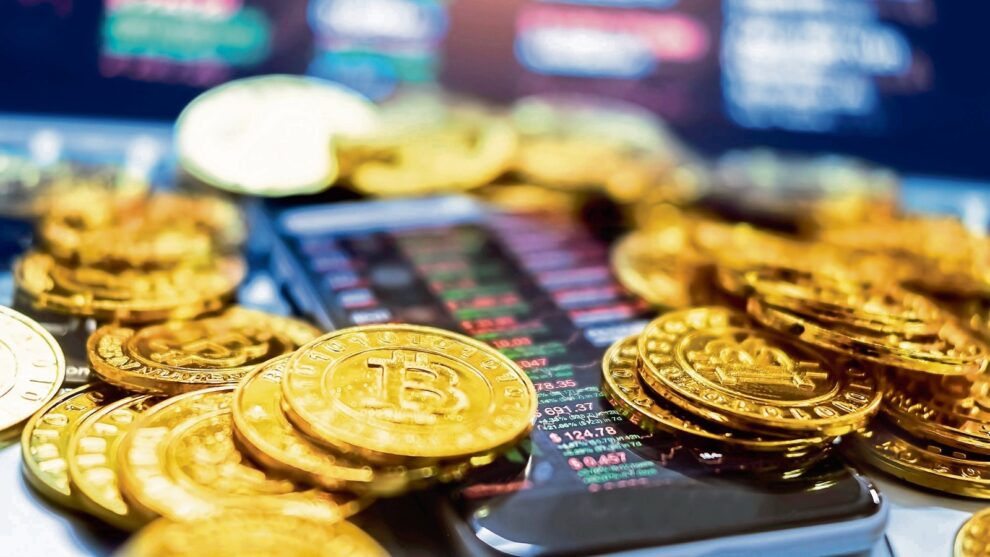El Salvador’s President Nayib Bukele’s decision in 2021 to make Bitcoin (BTC) a legal tender in the country was met with criticism and concerns about possible risks associated with such adoption. The decision led to widespread demonstrations and policymakers worldwide warning of risks to the country’s economy.
But what was once believed by critics to be a decision that would bring about the country’s eventual doom has in fact brought about a massive boom to the Central American country.
Many believe now, that President Bukele’s decision may have been a wise one as the country’s Treasury Minister, Alejandro Zelaya, reported the government has managed to repay one of two $800 million bonds that were previously outstanding, which could perhaps ease any concerns about the country potentially defaulting on its debts.
El Salvador’s economic woes, however, are far from over as the country’s government still owes $367 million plus interest on an additional bond set to mature in January 2025, but on the upside, the successful repayment of the 2023 bond is seen as a positive sign for the country’s financial stability.
Bitcoin – The Dawn Of The New Era Of Fiat Currency
El Salvador’s decision to make Bitcoin a legal tender meant that all businesses operating within the small Central American country were required to accept the digital asset as a legitimate payment method for their goods and services, effectively elevating it to the same status as its national currency.
Despite the mixed reactions from international organizations and governments, El Salvador is forging ahead with its decision and has now approved a digital securities law that allows the country to issue the world’s first sovereign blockchain bond.
Chivo Wallet, the wallet created by the government of El Salvador had successfully onboarded 2.2 million Salvadorans within a month after Bitcoin was recognized as a legal tender in the country. The wallet was created to promote the adoption of cryptocurrency in the region and as an incentive for downloading the app, every user received $30 worth of Bitcoin. By the beginning of 2022, approximately 50% of Salvadorans had already downloaded the app, indicating a high level of acceptance for cryptocurrency.
In another recent development around the adoption of Bitcoin in El Salvador, Max Keiser, and Stacy Herbert, two New Yorkers who created a popular financial news show on Russian state television and profited from the cryptocurrency boom, are now advising the Salvadoran government on its Bitcoin adoption efforts and investing in Bitcoin ventures in the region.
The duo is also the founding backers of a crypto exchange that is assisting in managing El Salvador’s sovereign debt sale, which is connected to Bitcoin. The so-called Volcano Token bond will be supported by revenue generated from Bitcoin mined using geothermal energy from a volcano.
Source: Analytics Insight









